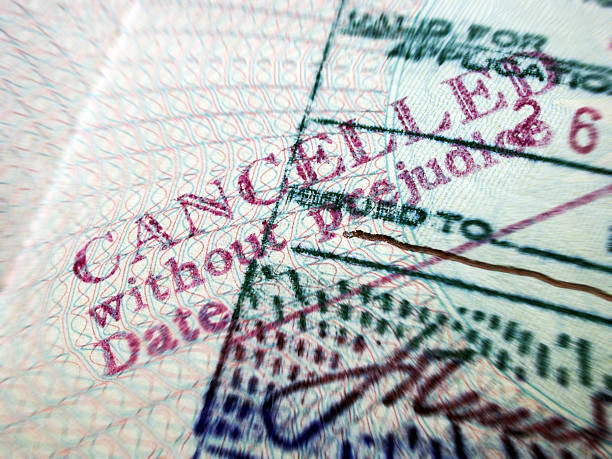In recent years, an alarming trend has been gaining ground—African scholars, artists, and cultural figures being denied visas to attend conferences, exhibitions, and academic events in Europe and North America. These are not isolated incidents. They have become so common that many now question whether this is a new form of modern colonialism hiding in plain sight.
The irony is sharp. Western institutions regularly host events on African issues—poverty, health, conflict, history, or art—but often without African voices in the room. These are the very people who live the experience, hold the knowledge, and carry the cultural legacy. Yet, time and again, their applications are rejected, sometimes with vague reasons like “lack of ties to home country” or “risk of overstaying.”
This isn’t just about paperwork. It is about power. Who gets to speak? Who gets to be heard? And who decides who belongs on the global stage? Denying African experts access to platforms they deserve is not simply bureaucratic oversight. It mirrors the colonial mindset of old—where Western voices are valued as ‘objective’ and ‘credible,’ while African ones are viewed with suspicion.
Let’s be clear. No one is asking for open borders or blind acceptance. Every nation has the right to secure its territory. But when a PhD holder, an award-winning artist, or a UN-invited speaker is denied a visa while their Western counterparts travel freely, it sends a clear message: some passports matter more than others.
These denials damage more than individual careers. They deepen inequality, stifle global collaboration, and rob the world of ideas that come from different perspectives. Africa is not a problem to be solved from afar. It is a continent of thought leaders, creators, and innovators whose insights are vital to the global conversation.
If we truly believe in fairness, diversity, and inclusion, the system must change. Western governments need to review how visa decisions are made and who gets to decide them. Institutions must speak out when their invited guests are blocked from entry. And we, as a global community, must ask: why are we still silencing African voices in the 21st century?
Modern colonialism doesn’t always arrive with armies. Sometimes, it comes with a rejection letter.




